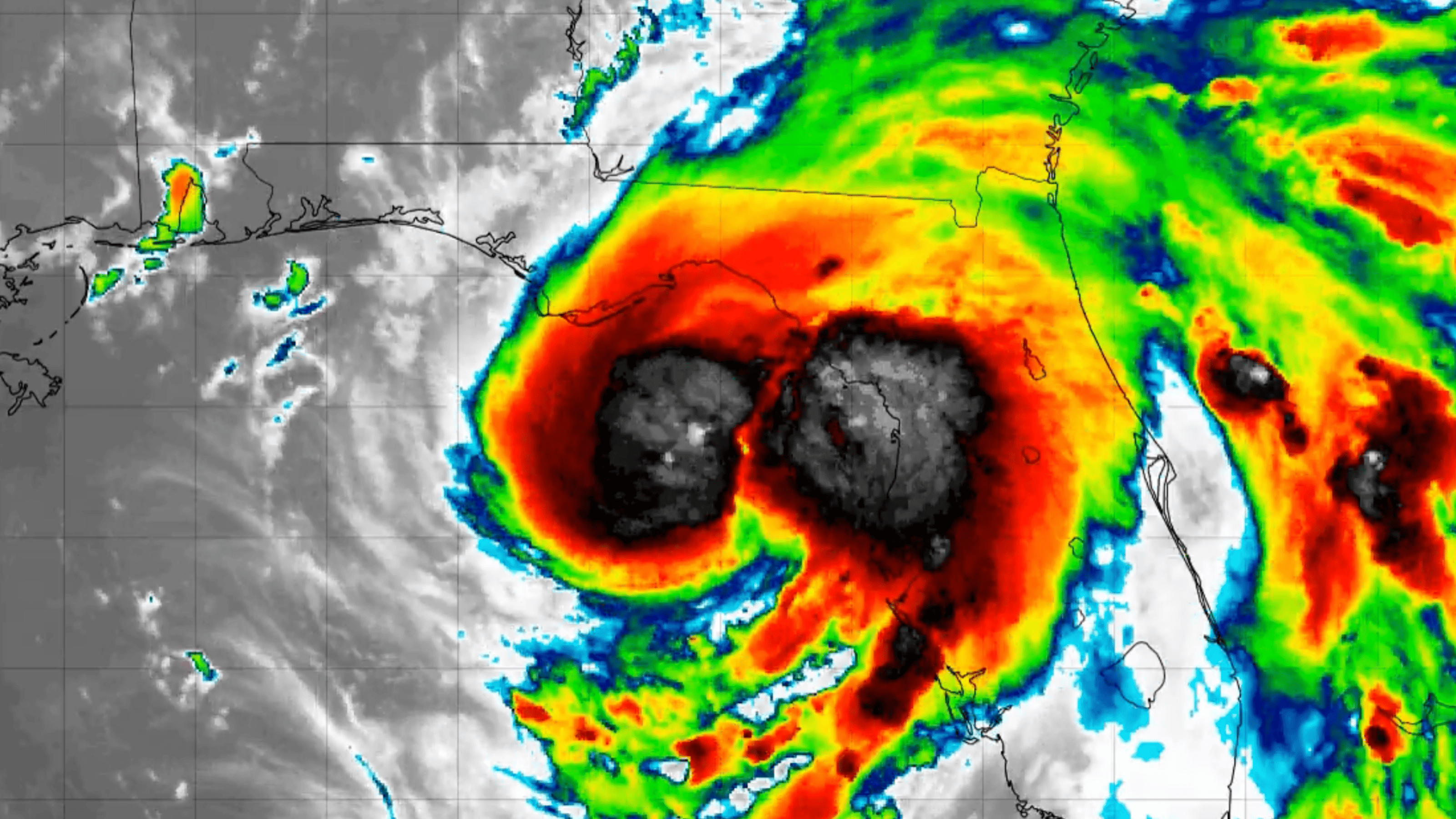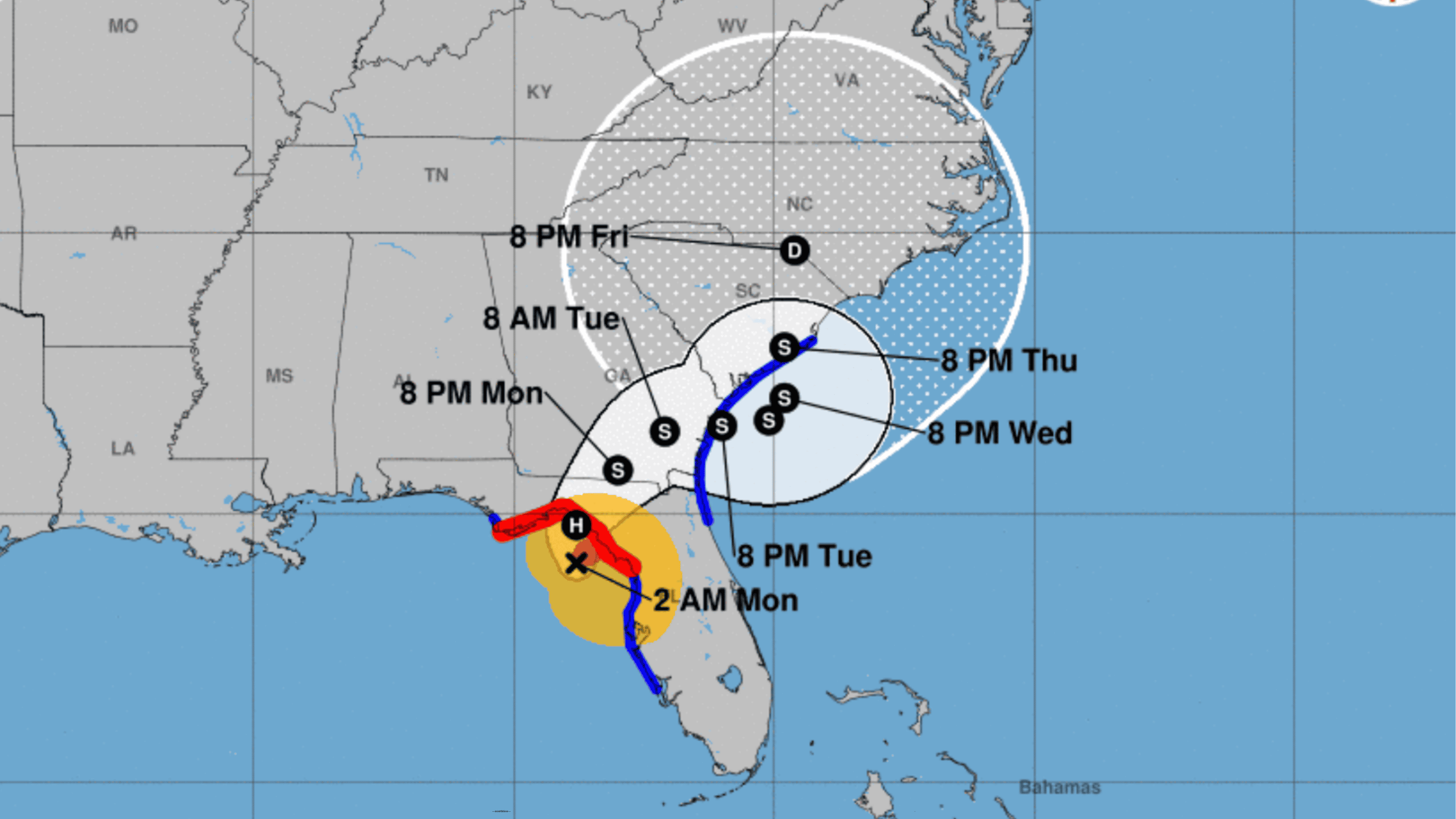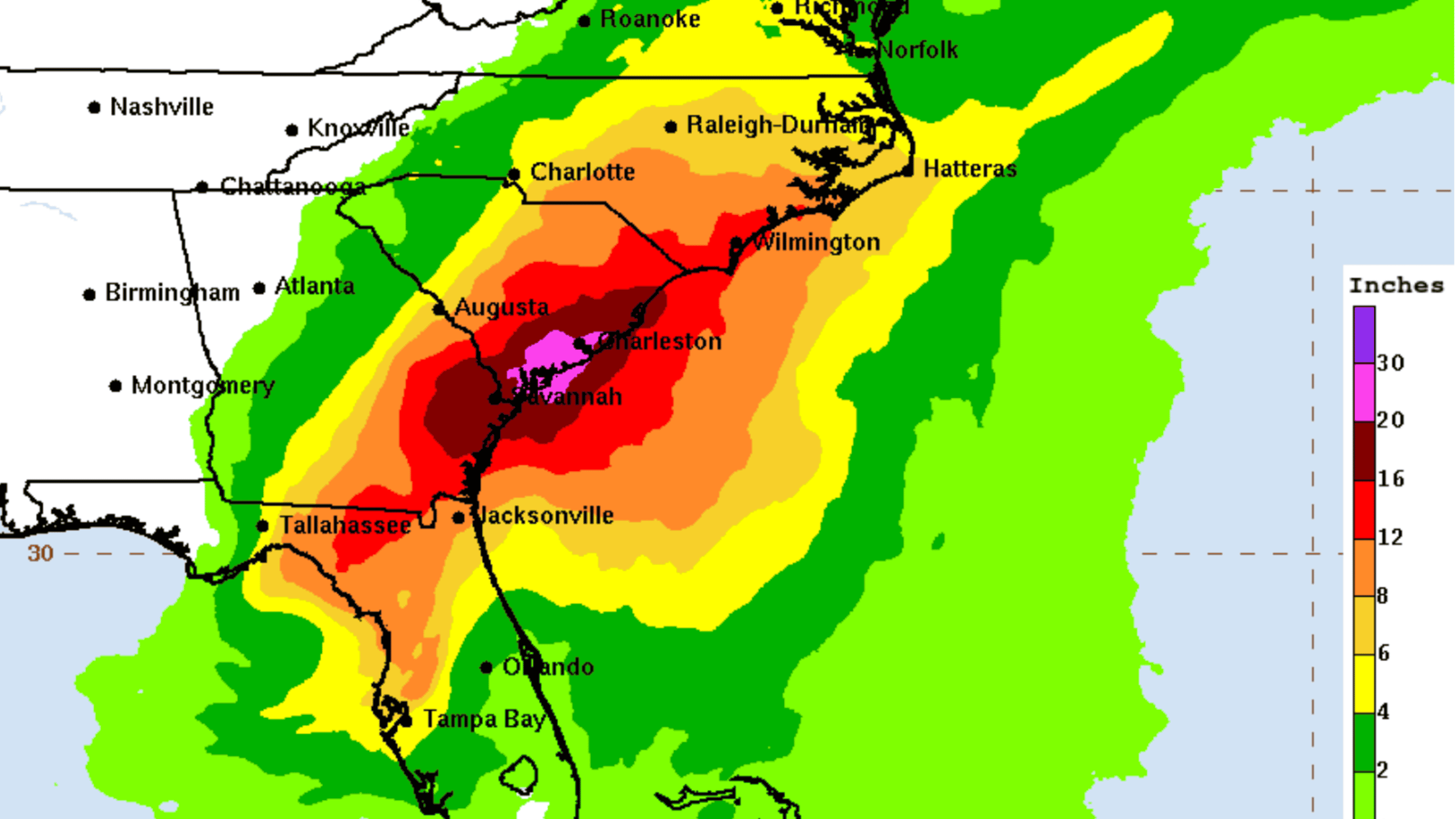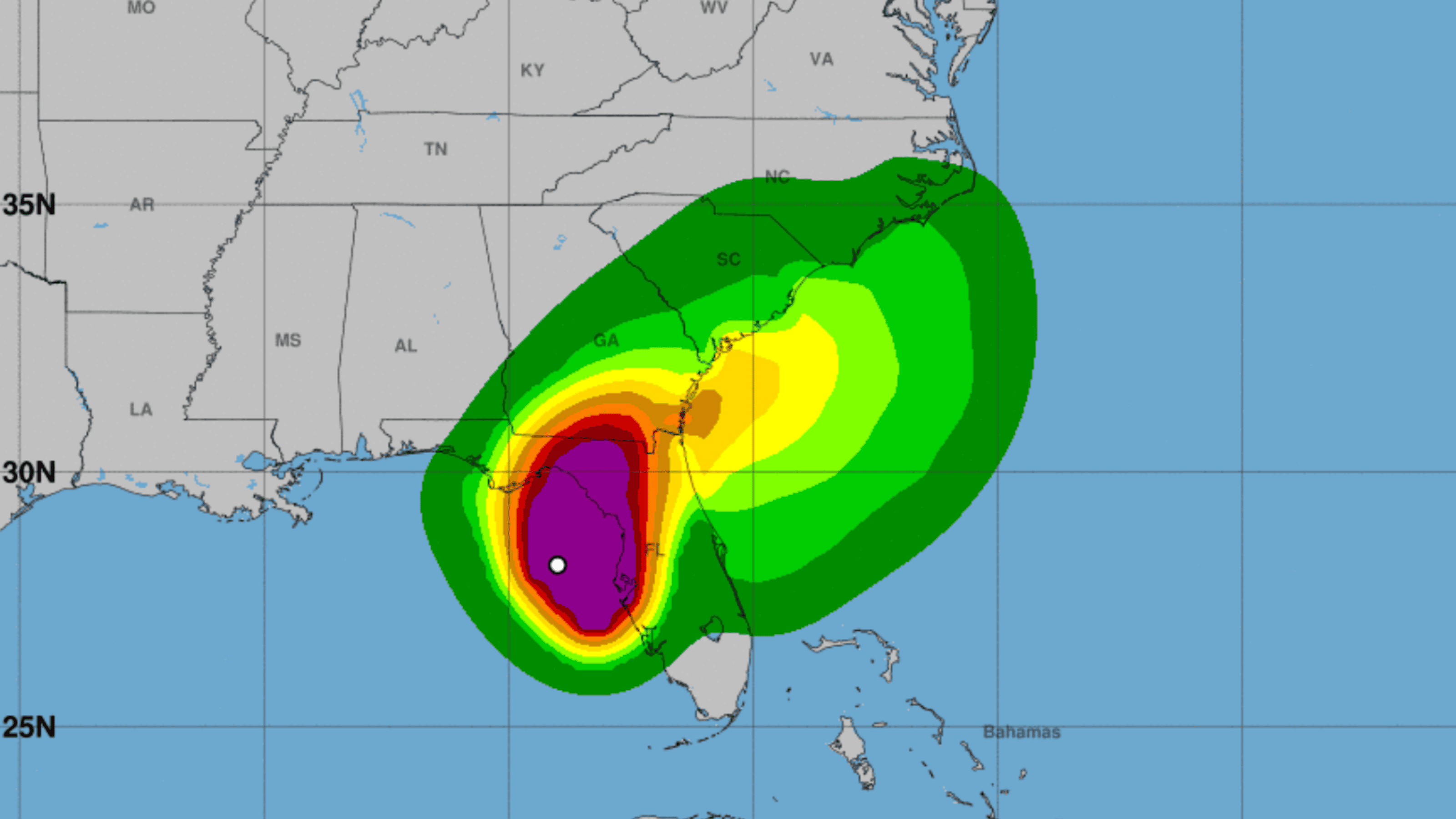How Hurricane Debby Could Affect New Jersey
Hurricane Debby, now a Category 1 hurricane, is currently making its way through northern Florida, bringing heavy rain and strong winds.
The storm has raised concerns about its potential impact on New Jersey.

How Hurricane Debby Could Affect New Jersey
Debby is expected to impact the Carolinas after making landfall in Florida.
The storm will bring heavy rain, dangerous beach conditions, tropical storm-force winds, and potential storm surges to coastal areas in the Carolinas.
Inland regions, including Charlotte, will experience increased cloud cover and rain bands starting Tuesday, with the possibility of significant flooding and wind gusts up to 30 mph from Wednesday through Friday.

New Jersey and the Tri-state area will start to experience some of this reach, with tropical moisture creating thunderstorms from Tuesday through Friday, followed by some rain over the weekend.
The primary influence expected is a slight increase in surf and minor coastal flooding, especially along the Jersey Shore.

The forecast is subject to change, as Debby’s path is not yet certain. There are three main paths Debby could take:
- Right Turn Out of the Carolinas: If Debby veers right out of the Carolinas, New Jersey will mostly experience rough surf.
- Weakening Over the Carolinas: If Debby loses strength and hovers over the Carolinas, it could combine with another system over New Jersey, resulting in a longer wet week with some storms, as mentioned earlier.
- Continuing Up the Coast: If Debby continues up the coast while weakening, it could bring about 6 inches of rain and wind gusts up to 50 mph.

Ultimately, there is no reason for alarm at this time, but always tune in to the National Weather Center for the latest information.
